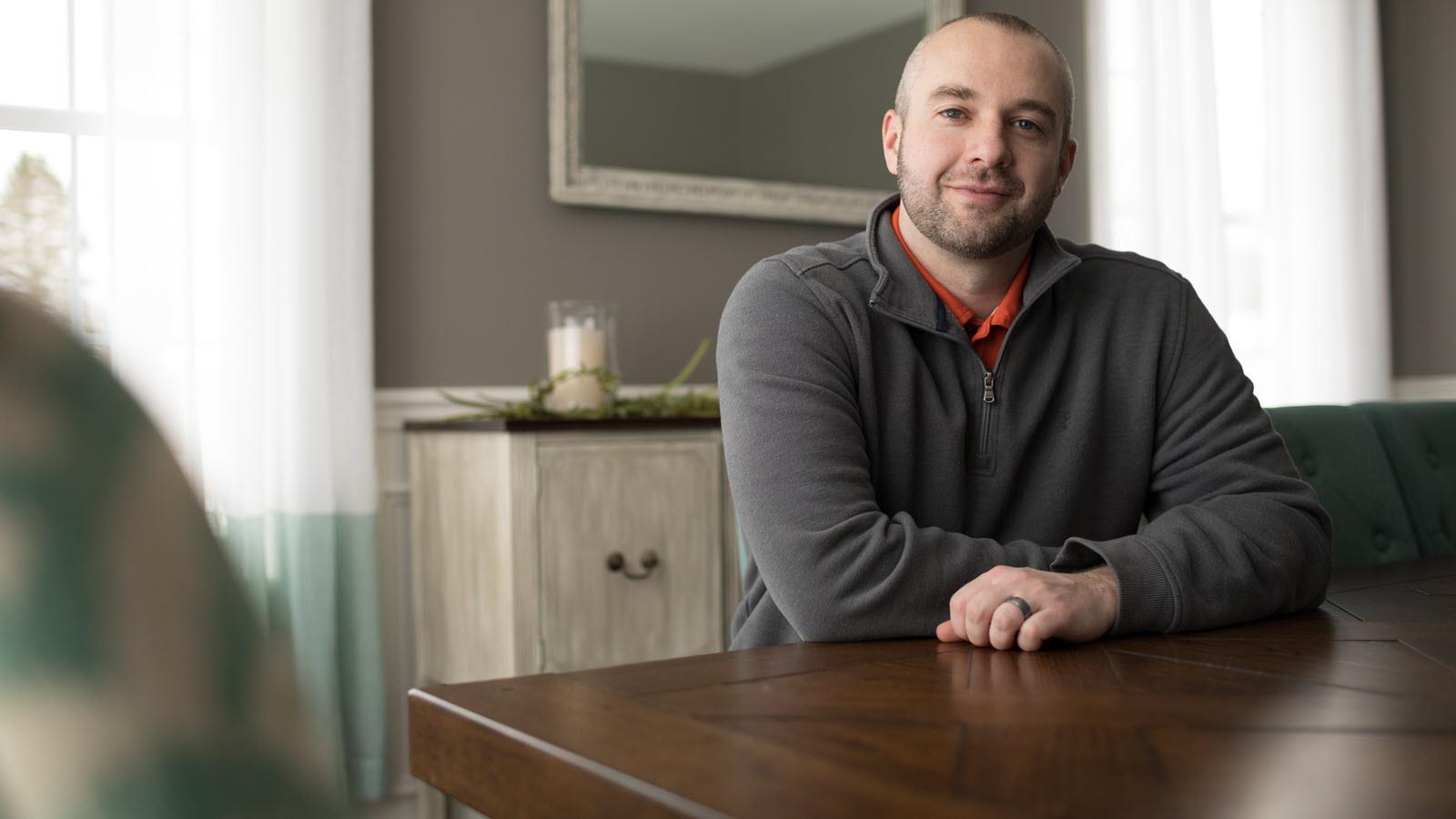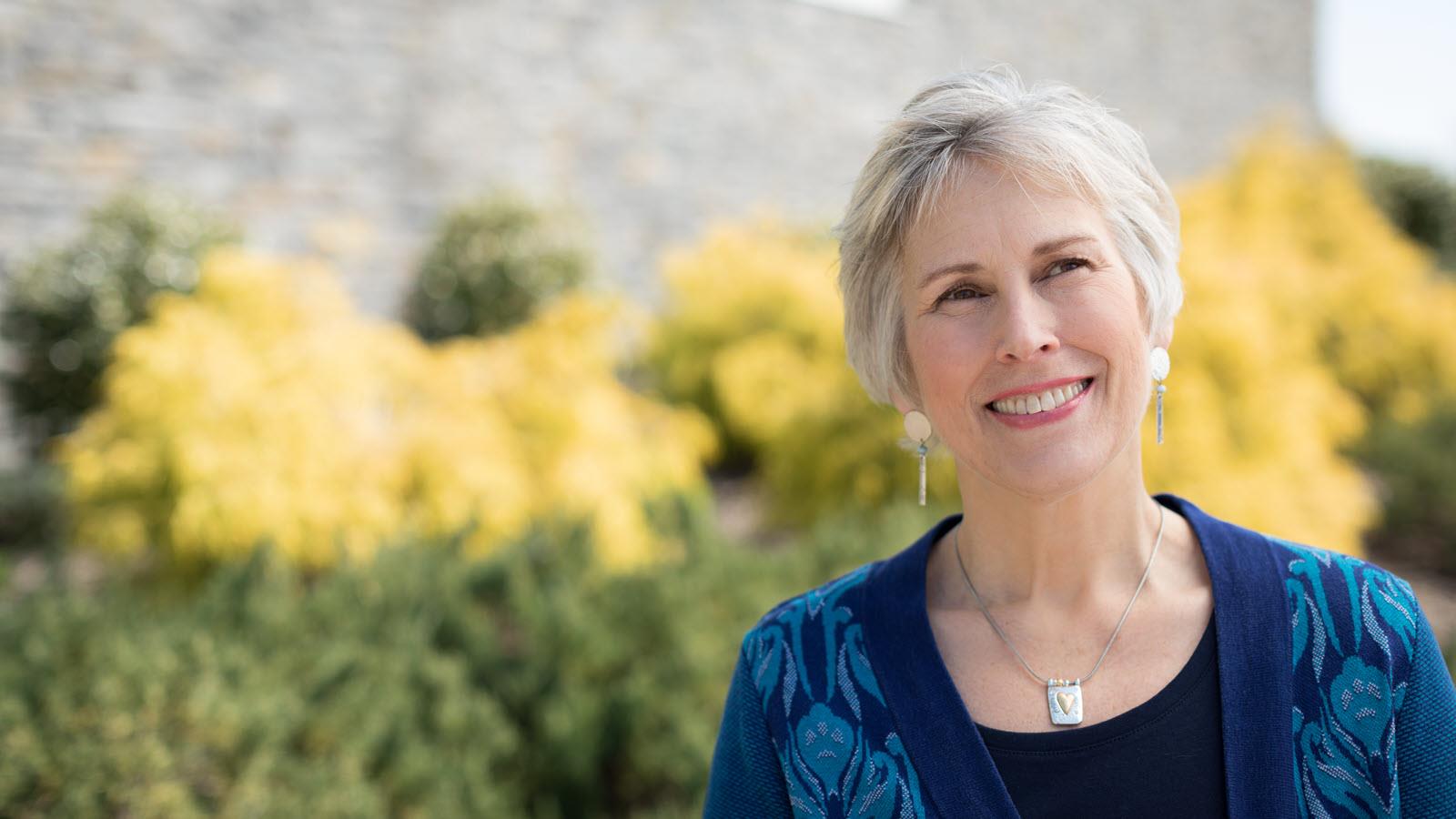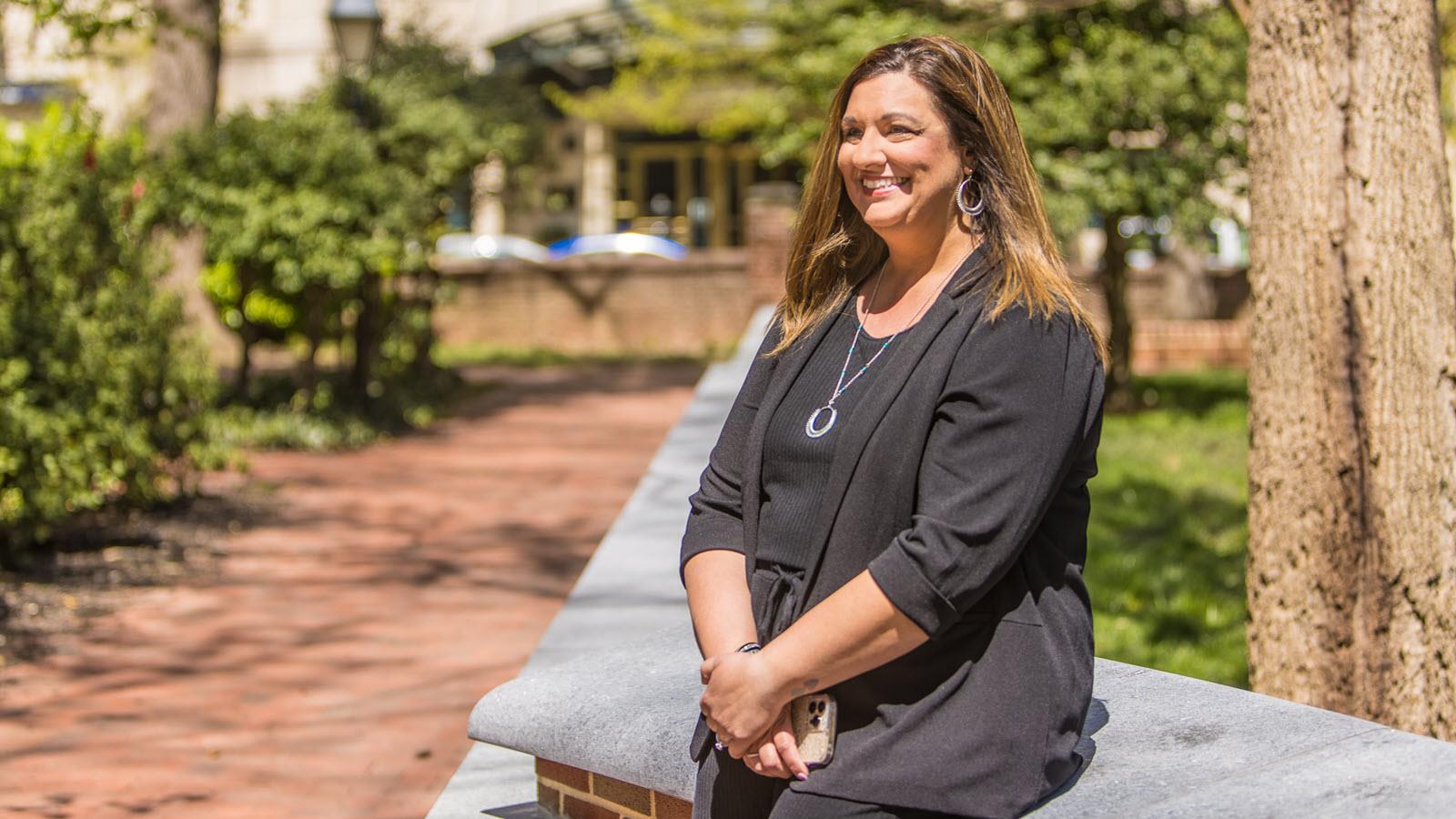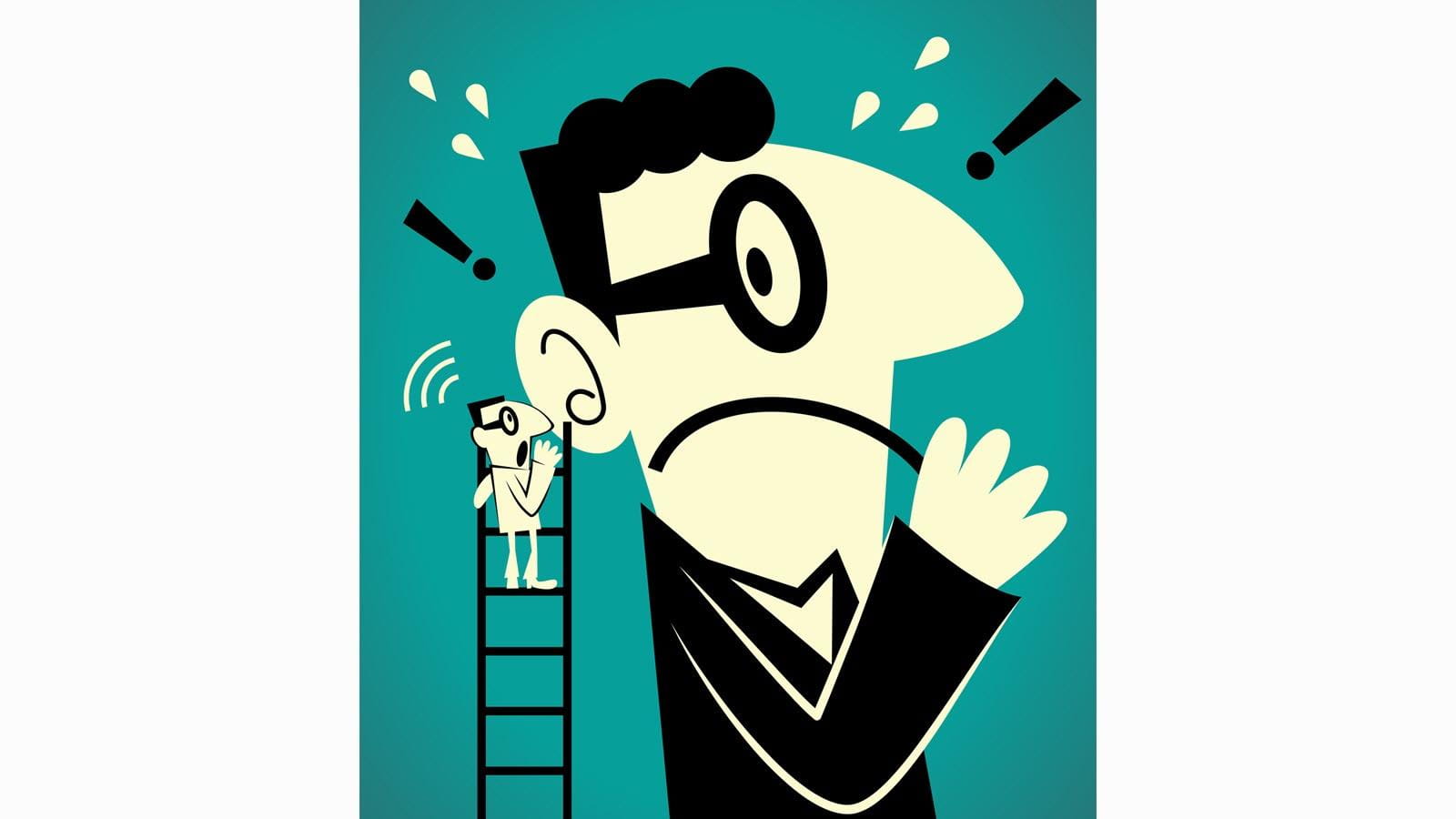It can be tricky to reach out to other people when you’re coping with a bleeding disorder. On the one hand, everyone needs support. But on the other hand, sometimes you might hear advice or suggestions that don’t help at all. We asked three patients for the best – and worst – of what they’ve heard:

Pete is an active father to two boys and has hemophilia B:
Best
The validation that I could do anything that everyone else could do was meaningful. It is tough to hear limitations that people place on you, so when people treat you as if you can do whatever and encourage you to try things, it can make a difference.
Worst
I think focusing on the level of severity is something that can be annoying. Recently, there has been a push to change the way women are viewed from carriers to hemophiliacs. This is an important distinction but can make people feel not as valuable when things are said like "you're only a mild." Even asking that question devalues the fact that a person still can have issues.

Kristin is a von Willebrand Disease patient. Her son Lynden has hemophilia:
Best
When Lynden was first diagnosed, Dr. Gita Massey, said, “let him be a boy, treat him when he bleeds and do not overprotect him. It is more important for his mental health and well-being.” Dr. Massey continued to help us learn about both hemophilia A and von Willebrand Disease. Lynden and I have both. Under her direction, support, teachings and advocacy, we were able to take care of Lynden from the very beginning, ourselves. Because Dr. Massey trusted our abilities to assess, treat and report, we were afforded more freedom than many newly diagnosed families. Dr. Massey was always positive, honest with us and helped us move through a very tumultuous time. While she did encourage us to be independent, I never felt overwhelmed or like we could not do it!
Worst
Will he/she out grow it?
Don’t let them do anything, keep them in a bubble, so they never bleed.
He/She will never…
Woman do not have hemophilia or other bleeding disorders. (Not true)

Krissy is a caregiver to her teen son Brody, who has hemophilia A:
Best
Early in the stages of being diagnosed, I remember someone telling me to find a support system. It was very valuable to find another family within the community that we could connect with. There were many roads we had to learn how to navigate and being able to have a family that had traveled that journey, that could provide us a “compass” was extremely beneficial.
Worst
Something that is not helpful to hear from others is: “Oh, you are such a strong parent, I don’t know how you do it” or something else along those lines. Many caretakers and parents didn’t have a choice other than to be strong and literally fight to keep their loved one safe. Caretakers and parents need to know it is okay to have moments of vulnerability and not have all the answers all the time.



